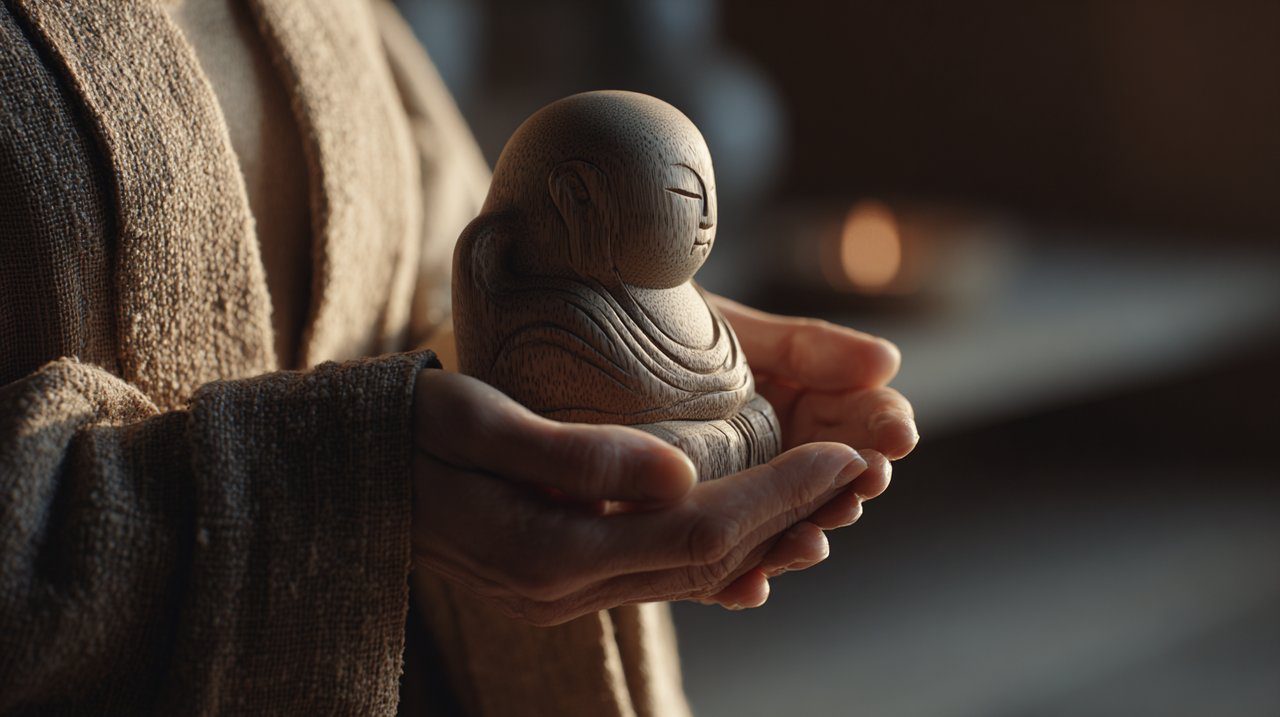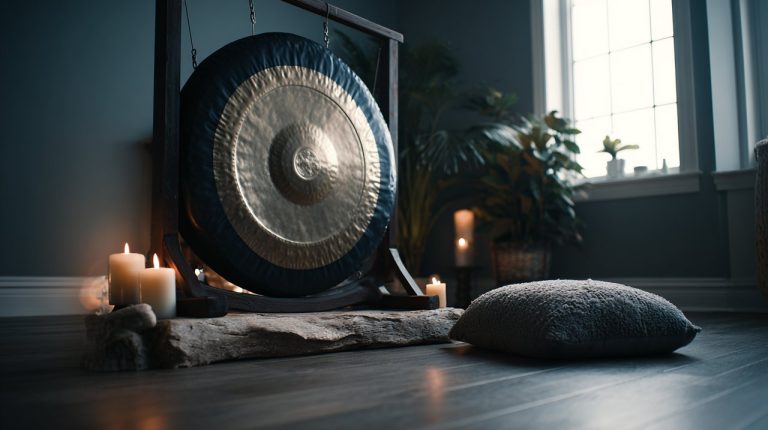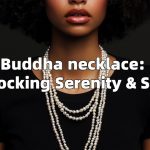How can a materialist benefit from Buddhism?
It’s a familiar scene: you’re surrounded by beautiful, well-crafted items—designer pieces, cutting-edge tech, objects you once coveted. Yet, in the quiet moments, a subtle question arises: are these possessions truly bringing the fulfillment they promised? For many, the answer is a complex mix. This brings us to a fascinating inquiry: how can a materialist genuinely benefit from the wisdom of Buddhism? The answer, surprisingly, isn’t about abandoning what we value, but rather about profoundly transforming our relationship with it.
Finding Balance Within Abundance
One of the most common misunderstandings about Buddhism is that it demands we renounce all material comforts. But for those who genuinely appreciate quality and beauty, Buddhism offers a profound gift: perspective. It’s about learning to enjoy your possessions without letting them define or control you. The core insight here is that true fulfillment doesn’t come from what we own, but from how we relate to our ownership. The Buddhist principle of non-attachment isn’t about aversion; it’s about appreciating beauty and quality while gracefully acknowledging their impermanence. This subtle shift can transform your interaction with cherished items, adding unexpected depth to everyday moments. Many discover a harmonious balance by creating a tranquil meditation space within their stylish homes, where comfort and spiritual practice beautifully coexist.

Mindfulness: The Bridge Between Worlds
For the materialist, mindfulness practice offers an ideal entry point into Buddhist wisdom. This ancient discipline requires no religious affiliation, yet it immediately enhances your relationship with the material world. When you engage with your possessions mindfully, you begin to experience them on a much deeper level. You’ll notice the exquisite craftsmanship of a handmade object, the subtle texture of a fine fabric, or the elegant simplicity of thoughtful design. This isn’t about getting more, but about truly savoring and appreciating what you already possess. This heightened awareness also profoundly influences your purchasing habits. Many find themselves becoming more discerning, choosing fewer items of genuine quality and personal meaning over a multitude of possessions that offer only fleeting satisfaction.

The Art of Intentional Living
Buddhism’s profound emphasis on intention perfectly complements a thoughtful approach to materialism. When we choose objects with a clear purpose and conscious appreciation, our living spaces evolve beyond mere collections. They become personally meaningful environments. The deliberate act of selecting items that truly align with your values can itself become a form of meditation. Each object then isn’t just a possession; it tells a story, serves a purpose, or evokes a feeling that genuinely enriches your daily life. This mindful curation extends far beyond physical items, influencing how you invest your time and energy. Materialists who embrace these Buddhist principles often report a natural, fulfilling shift: prioritizing quality experiences over the sheer quantity of possessions.
Finding Meaning Beyond Acquisition
Perhaps the most transformative benefit for a materialist comes from Buddhism’s teachings on impermanence and interdependence. These aren’t meant to diminish the joy of beautiful things; quite the opposite, they deepen our appreciation. Consider a stunning sunset: its beauty is amplified by its fleeting nature. Similarly, understanding that nothing lasts forever—not even our most treasured possessions—paradoxically allows us to enjoy them more fully in the present moment. This awareness gently frees us from the anxiety of preservation and the fear of loss that often accompanies ownership. For many on this path, material objects can even become meaningful anchors for practice. Think of a beautifully crafted singing bowl that cues you for meditation, or an art piece that serves as a daily reminder of your deepest values.
The Compassionate Consumer
Finally, how can a materialist benefit from Buddhism? By transforming the very act of consumption into a practice of compassion. When we pause to consider the origins of our possessions—the materials, the skilled craftspeople, the environmental footprint—we naturally begin to seek out items created with integrity and ethical consideration. This heightened awareness fosters a deep sense of gratitude for the intricate web of connections that bring objects into our lives. Every purchase then becomes more than a transaction; it’s an opportunity to support the values you believe in. A materialist guided by Buddhist principles often discovers profound satisfaction not in accumulating more, but in owning fewer, more meaningful possessions that truly reflect conscious choices and authentic values, rather than fleeting trends or status symbols. In essence, the journey we’ve explored isn’t about rejecting the material world, but about enriching your experience within it. It’s about cultivating a relationship with your possessions that is conscious, appreciative, and deeply fulfilling. By embracing principles like non-attachment, mindfulness, intentional living, understanding impermanence, and compassionate consumption, you don’t just own things; you truly live with them in a way that elevates your entire existence.
This is the profound wisdom Buddhism offers to the modern materialist: not a path of deprivation, but one of deeper, more meaningful engagement.
💡 Frequently Asked Questions
A materialist can benefit from Buddhism by transforming their relationship with possessions, learning to enjoy them without being controlled, and separating their identity from what they own. It helps in finding balance within abundance.
No, the article states that a common misconception is that Buddhism requires renunciation of all material comforts. Instead, it suggests transforming one's relationship with possessions and appreciating them while recognizing their impermanence.
Mindfulness allows materialists to experience their possessions more fully, appreciating craftsmanship and quality. This practice helps them to truly savor what they already have rather than constantly craving more, leading to more selective purchasing decisions.
Intentional living means choosing objects with clear purpose and conscious appreciation, transforming homes into personally meaningful environments. It also extends to how one spends time and energy, shifting towards quality experiences over quantity of possessions.
Buddhism transforms consumption into a practice of compassion, encouraging materialists to consider the origins, materials, and impact of their possessions. This leads to supporting values through purchases and finding deeper satisfaction in fewer, more meaningful items that reflect conscious choices.







